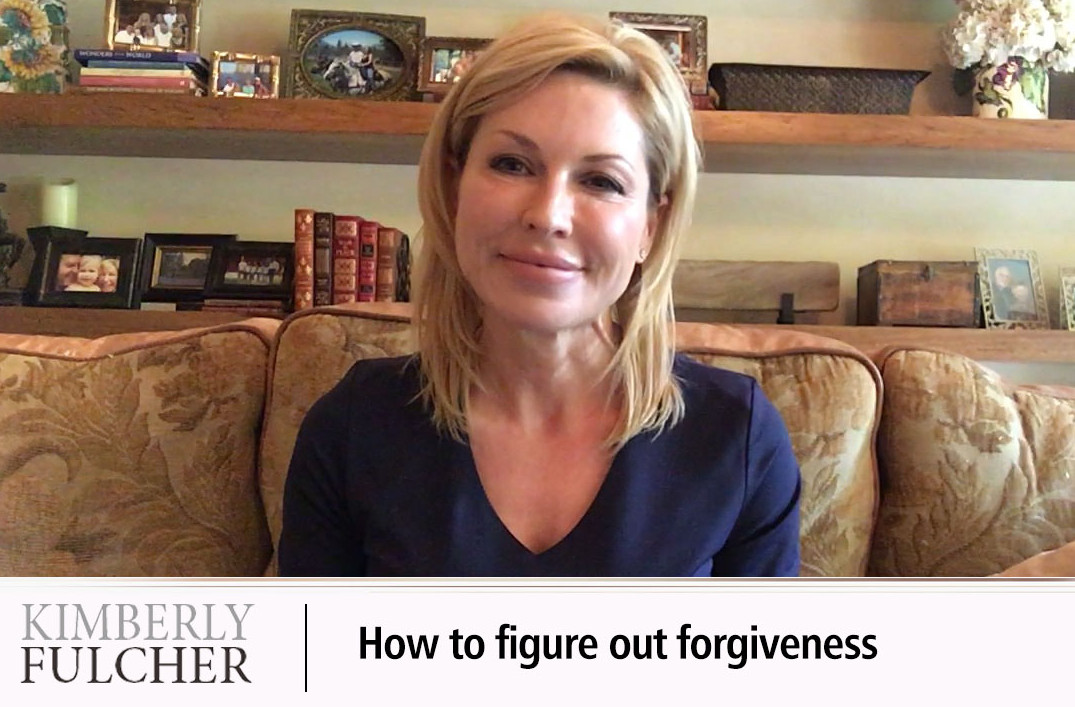You are powerful. You may not feel that way right now, but I promise it’s true. You can make big stuff happen. You can build a life that thrills you. You can breathe life into your wildest dreams. But first you’re gonna have to clean some stuff up. Dark stuff.
You’re plugged into a giant pile of grievances, resentments, and grudges. You think about your disappointments and frustrations. A lot. You talk about them. All of the time.
It’s just you and me here, let’s be honest. You’re distracted and obsessing about an inventory of toxic emotional baggage, and it’s making you miserable. It’s also draining your life force. Seriously, aren’t you TIRED?
The life of your dreams requires your full power. There’s no spare fuel for emotional baggage. If you want to rise you have to put those bags down.
Then you need unpack them, look at what’s in them and deal with every last item until none of it sucks your time, energy or attention. (You have WAY better things to do.)
Know this. You’re not alone. Everyone has baggage. It’s not possible to get through life without some. Human beings are mightily flawed. We make mistakes. We hurt each other. At some point in life, everyone has to learn how to forgive.
For whatever it is that has happened to you, I’m sorry. I’m sorry you had to go through it. I’m sorry it hurts. I’m sorry it’s impacting your life. It doesn’t have to.
The only thing worse than having something bad happen to you, is keeping that bad thing alive by carrying it around with you every day. Emotional baggage keeps you stuck. To get un-stuck you have to forgive. (I know, massive YUCK. You can do it. Keep reading.)
Forgiveness is not a natural process. You can’t think your way into it, because forgiveness is an act. You have to DO it. Happily, forgiveness follows a process that can be learned and practiced. In this week’s episode of GrooveTV I’ll teach you how to figure out forgiveness in 3 simples steps. Press PLAY already. Your power is waiting.
Step 1 – Understand what forgiveness is. And isn’t.
Most people don’t forgive because they misunderstand what forgiveness is, and who it’s for. Forgiveness is not for the person being forgiven. It’s for the person doing the forgiving.

Forgiveness is not a warm hug. It’s scissors cutting a cord. #GetYourGrooveBack
Tweet this!
Forgiving someone does not mean that what they did is okay. It means that what they did will no longer control your life.
It no longer gets to define you. It doesn’t get to dictate what you go for, how you see yourself, or what kind of life you create. It’s not the boss of you anymore. Unless you keep letting it boss you around. When you nurse dark emotions, that’s what you’re doing.
Let’s stop that, okay?
The most common advice to let go of emotional baggage is to do just that. Let it go. Take a breath and let it go. Invite love in and let it go. Say a prayer and let it go. The problem here (of course) is that it’s nearly impossible to let go of toxic emotions so freely. They can feel like they’ve made themselves at home in your bones.
I’d like you to try another approach. You don’t have to let it go. Instead, you can let it be.
A bad thing happened (maybe even many bad things).
That is fact.
You have to stop resisting reality. Stop wishing things were different. They aren’t. You cannot imagine a different history into being. Trying to will have you moving in circles.
When you learn to let it be, what you’re really doing is giving up your argument with life. You accept that your bad thing happened. It’s part of your experience. It’s real. Look at it. Learn from it. Then say goodbye to it, step around it, and walk away. It doesn’t deserve your attention any longer.
Forgiveness is for you. Let it be, my sister.
Okay, this next step is harder…
Step 2 – You need to be acknowledged and validated.
Before you can truly forgive, your story must be heard. You need to tell it to one other trustworthy person. You only need to tell it once, but you need to tell it.
We need to release all of that energy you’ve been carrying around with you. The emotion needs to come out of your heart. The words that have been spinning in your head need to come out of your mouth. You need to hear your own voice saying them.
Then you need to be acknowledged and validated by the person hearing you. They need to say, “I’m so sorry that happened to you. I’m sorry you had to have this experience. It’s unfair. You didn’t deserve it. You are so strong and brave, and I know you’re going to figure this out.” (It feels good just reading it, doesn’t it?)
Being heard is a gift, and it’s not a very common one. Most people are so busy figuring out what they’re going to say next that few actually listen. If you have a trustworthy friend, family member, or partner who can help you, you are blessed.
If what you’re dealing with is heavy or complicated (and emotional baggage usually is), you might want to work with a professional. The pro has no stake in your story. They just want to help you. They’re able to be impartial, and you may even feel like you can speak more freely with someone who isn’t involved in your life.
I have laid many a grudge on the couch of a good therapist, and trudged through several ginormous stuck points with a great coach. You deserve the freedom and lightness that comes with leaving your emotional baggage behind you. If you need help doing it, go get that help. One way or another, be heard.
Once you’re story has been told, it’s time to give it a little makeover. Don’t worry, this is step fun.
Step 3 – Retell your story. Like a hero.
When something bad happens to you, it’s easy to start looking at yourself like a victim. After all, you’ve been victimized. There are two problems with this approach. First, victims have no power. Second, you can get so used to playing the role of the victim that it becomes habit.
Translation, playing the victim is like stepping into a vortex of powerlessness. Powerless people don’t change. They wallow. You deserve better, and you can have it. You just need to retell your story.
I want you to see yourself differently. Imagine you’ve put on a new pair of eyeglasses, with a prescription designed to help you see your life like a hero.
- What obstacles have you overcome?
- What strengths have you relied on?
- What have you learned?
- Where have you surprised yourself?
- How have your challenges changed you for the better?
- How will you use the lessons of your life?
Your story can fuel you when you tell it right. Do your rewrite this week. Remember that damsels in distress are boring. For this exercise, none are allowed. Instead, I want you to play the conquering warrior goddess. (Seriously.) Don’t just slay those dragons. Make them your pets. ☺
That’s it for the week. Remember that I never want you to blindly take my word for anything. Only you know what’s right for you. I just happen to have a few coaching tools that can help you get closer to that wisdom. Give this lesson’s advice a test drive in your life, and let me know how it goes. There are three ways for us to interact.
- Comment in the comments section below.
- Chat with me on on Instagram, Facebook or LinkedIn.
- Email me if you have something more private you’d like to ask. My personal email is kim@kimberlyfulcher.com. I’m the only one reading your messages, and it’s always me answering them.
My mission is your empowerment. That’s why I’m here. If you haven’t already joined my community, please do it by entering your email (www.kimberlyfulcher.com). Until we meet again, know that life is happening for you.
And you got this!
XO
Kim




One Comment